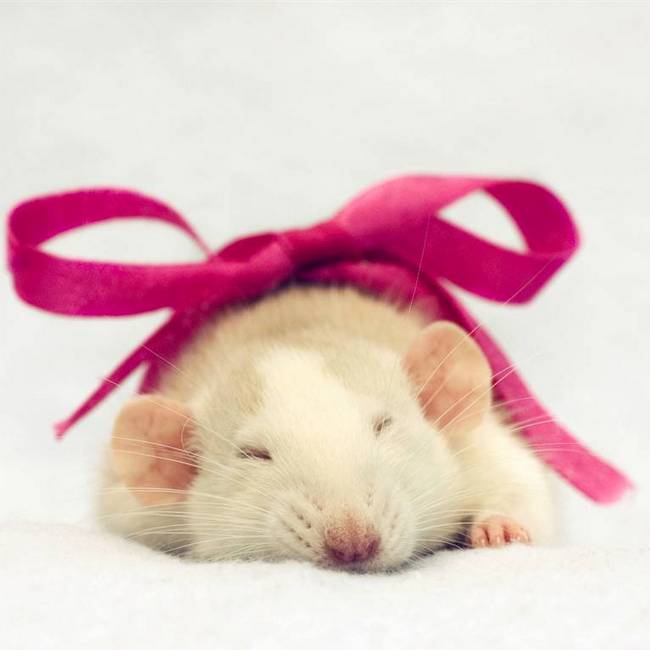Mechanisms of motivated long-term rehabilitation after stroke in animal models
After large cerebral strokes or traumatic brain injuries, the only therapy option for the patients often is rehabilitation. However, this treatment also shows limited recovery and could therefore be strongly improved, which can also be seen in the lack of high quality comparative outcome studies and the limited level of scientific knowledge of the underlying neurobiological processes of functional recovery. In this project we want to use complex enriched environment to study self-motivated intense sensory-motor training (rewarded by food and social interactions) of rats after large stroke lesions to determine the spontaneous time course of activity and training profiles of adult rats and elucidate the neuroanatomical changes and the underlying molecular mechanisms of intense rehabilitation therapy. Furthermore we will define the optimal time schedule for a combined growth promoting therapy and highly motivated rehabilitative training in a manner that allows direct comparison to methods ued in patients.
Funding
This work was supported by the ETH Foundation through ETH Research Grant ETH- 17 13-2
